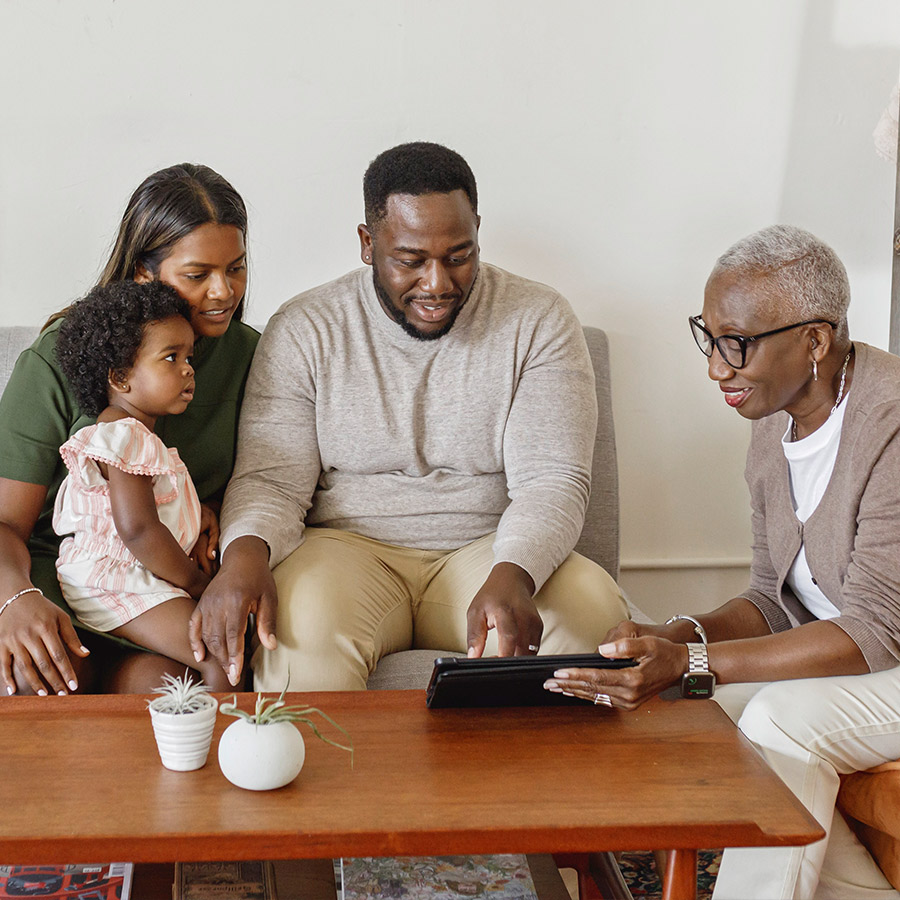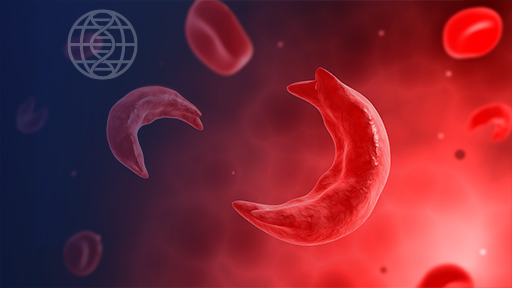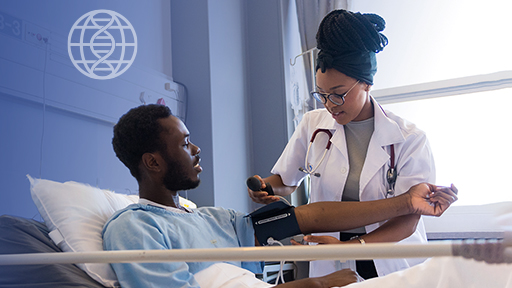It is normal to have strong feelings after your procedure.
If the gene therapy works, you may have survivor’s guilt. This means that you could feel guilty about no longer living with some of the symptoms of sickle cell disease while others still do. You may also feel guilty about being able to participate in a clinical trial when others cannot.
You may need to continue seeking medical care throughout your life for the effects of living with sickle cell disease. This may be because of previous impacts of the disease on your body.
You may still experience some symptoms of sickle cell disease.
Keep caring for your general health. You should keep seeking general health care after treatment.
You will need long-term follow-up appointments as part of the clinical trial.
You may struggle with your social identity.
If the gene therapy worked, you may have feel a loss of identity and community from no longer living with sickle cell disease.
It is important to continue seeking social and mental health support if you feel this struggle.















